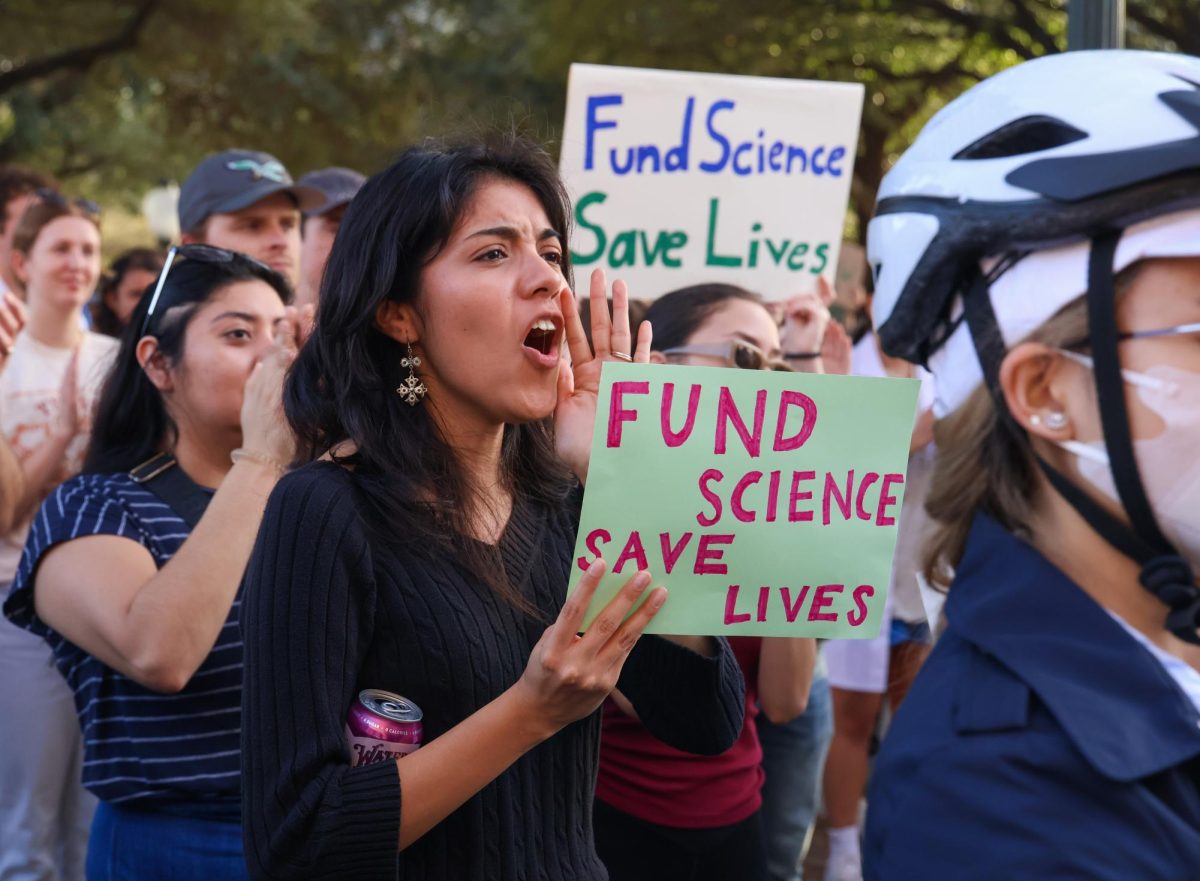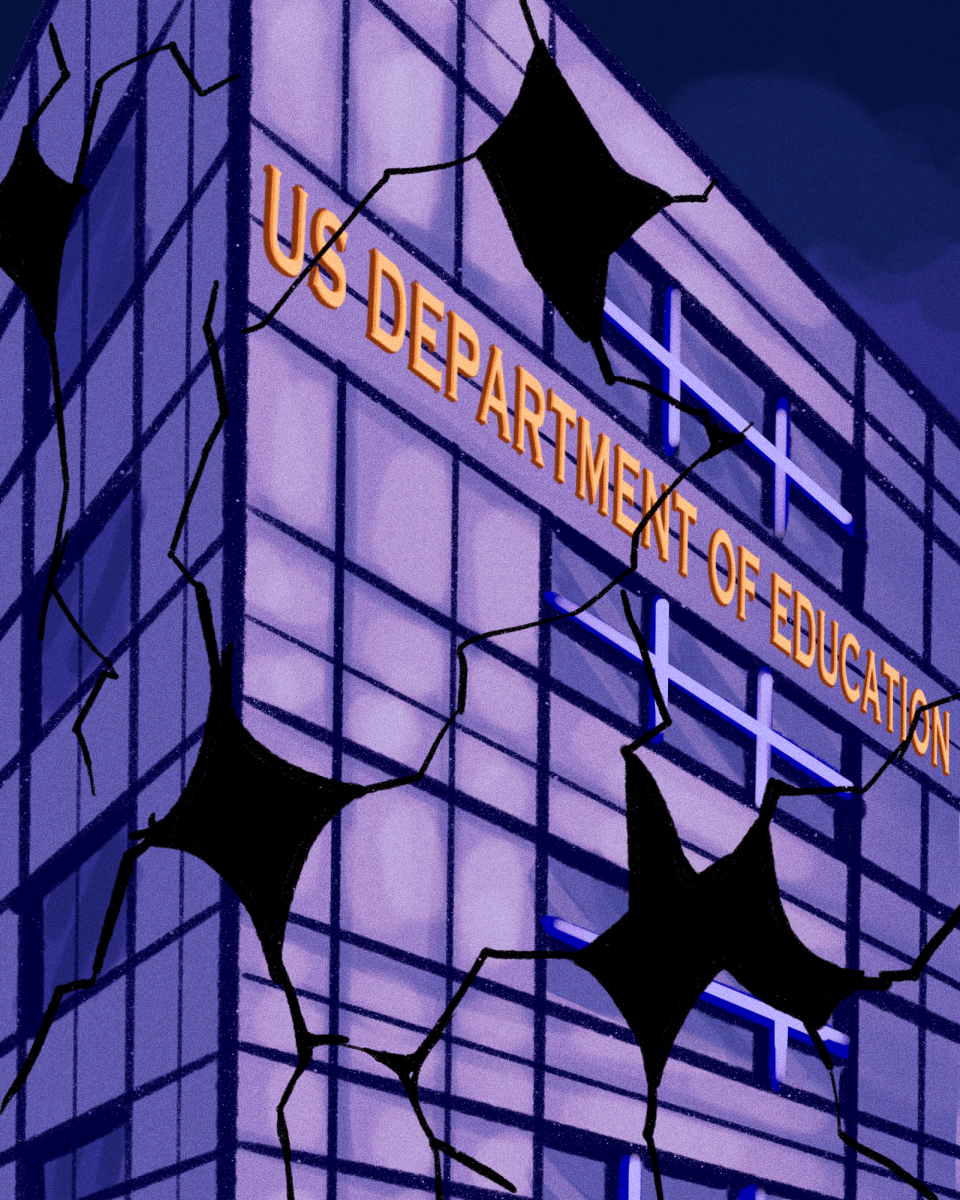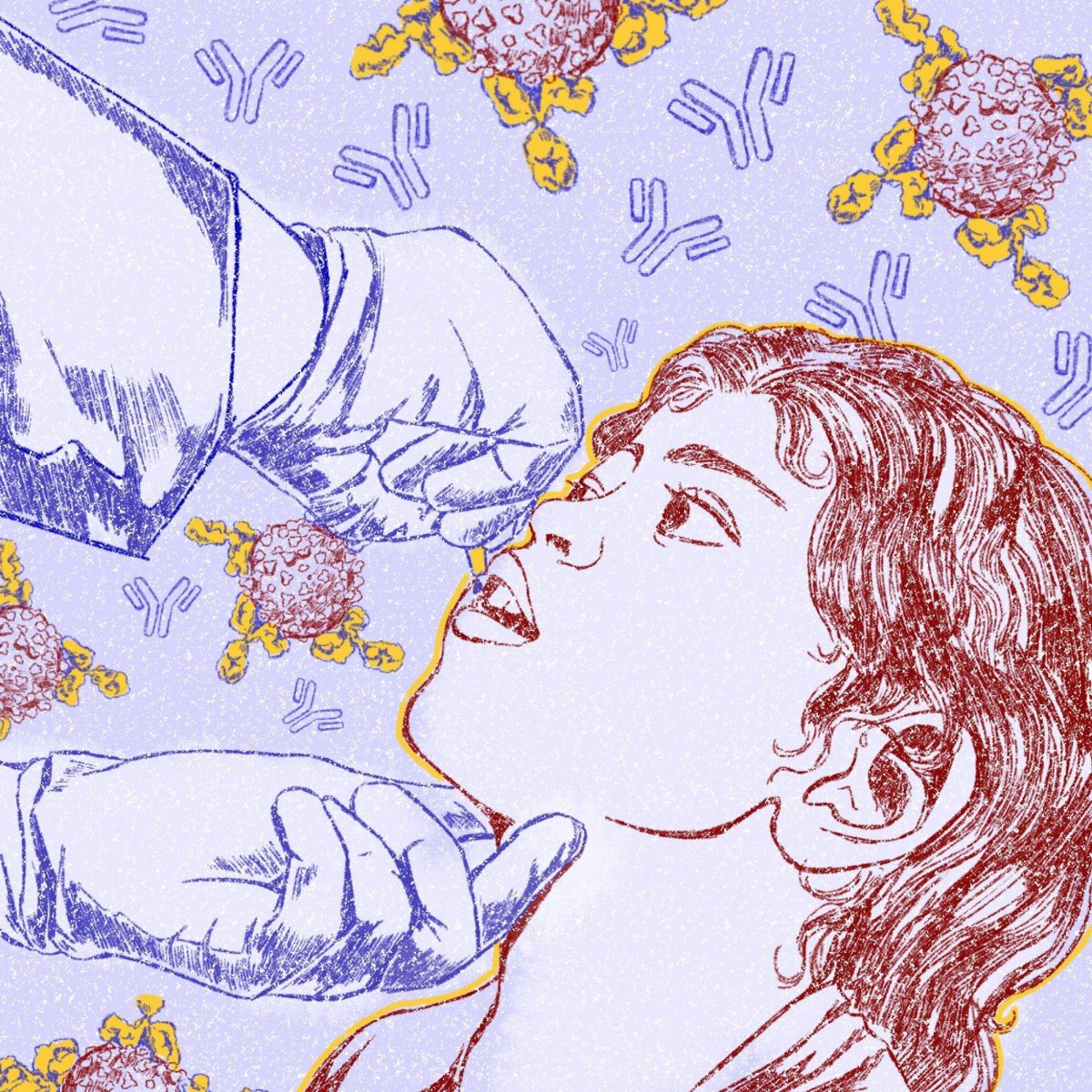While many Austin residents recognize Whole Foods Market as an environmentally friendly grocery chain, a group of UT students is asking the store to stop what they call environmentally destructive practices.
The students were recruited by McWholeFoods, a national grassroots campaign led by global environmental group Mighty Earth. The campaign calls for Whole Foods and McDonald’s to stop sourcing meat from Tyson Foods and Cargill, which they said are two large contributors of water pollution and deforestation. McWholeFoods was brought to Austin by campaign organizer Lucas Judson, who was contracted from Green Corps, an environmental training program.
“We’re trying to convince Whole Foods and McDonald’s to first, be transparent about where they source their meat, and then also, to adopt clear standards so when we shop at either of those places, we know where our meat is coming from and the impact it’s having,” Judson said.
As of publication time, Whole Foods Market and McDonald’s had not responded to The Daily Texan’s request for comment.
Judson recruited five UT students to lead the movement on campus by writing letters to local newspapers, getting petition signatures and phone banking students and local companies. He said about 20 students have participated in two rallies organized by the campaign, including psychology freshman Jamie Rule, who gave a speech at a rally in front of Whole Foods in downtown Austin.
“Whole Foods was formed with ideas of being sustainable and having community members creating food to be brought back to the table instead of large corporations,” Rule said. “We’re not against Whole Foods — we’re with them. We’re urging them on to make more sustainable choices with their meat supply chain, particularly.”
Judson said he planned to have a third rally in December after Mighty Earth was set to release a report about Cargill’s facilities, but the report and event were pushed until January to fact-check the report.
Soumya Kovela, arts and entertainment technologies sophomore, said he became involved because he felt a need to preserve the environment for current and future generations.
“The thing that’s really affected by these oil spills, meat production and environmental disasters people are causing, are people in the end,” Kovela said. “If we want us later in our lifetimes to be healthy, to still be able to enjoy the same resources, we need to do things sustainably, so that everyone can enjoy it the same.”





















